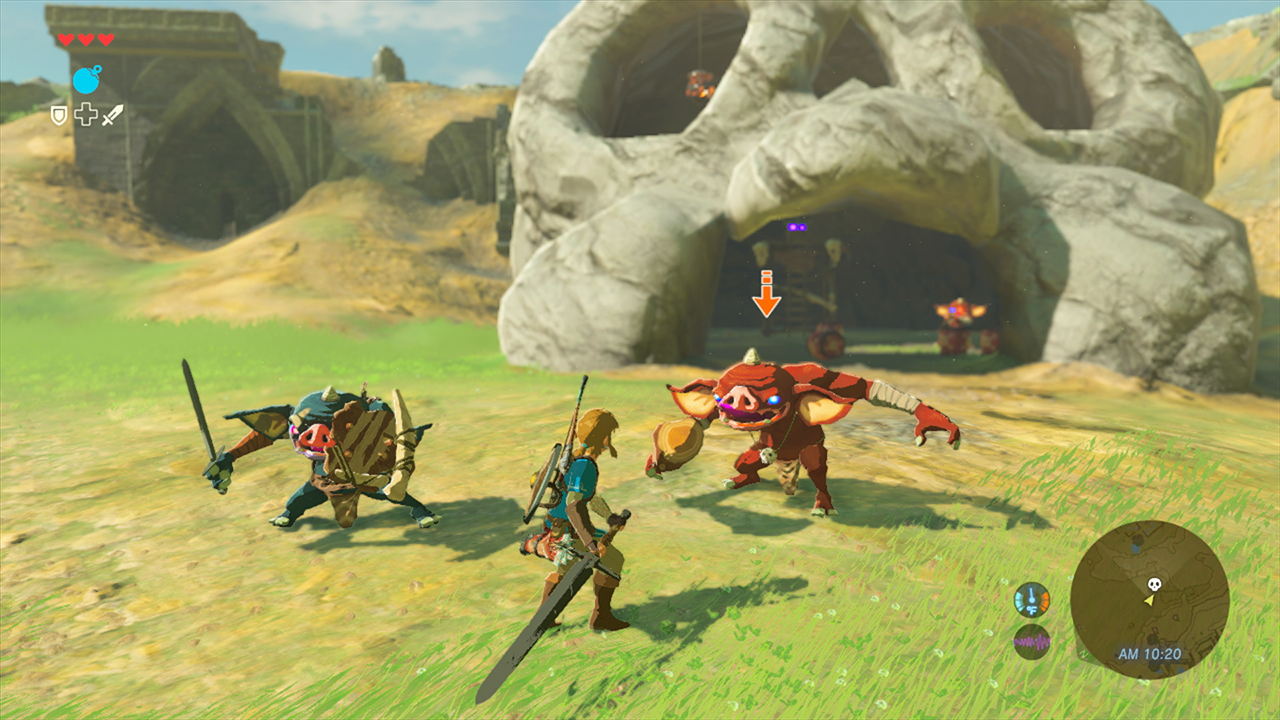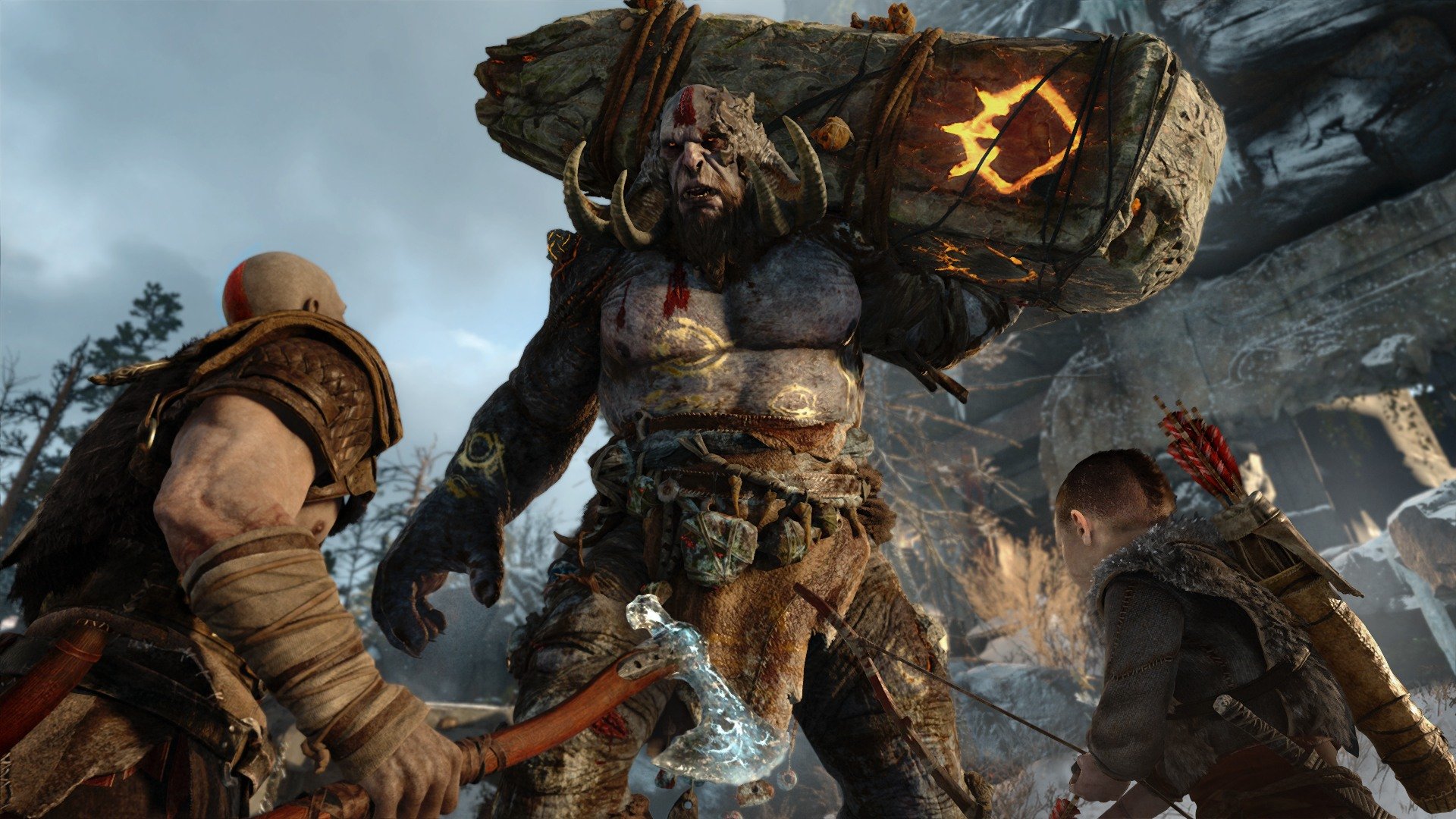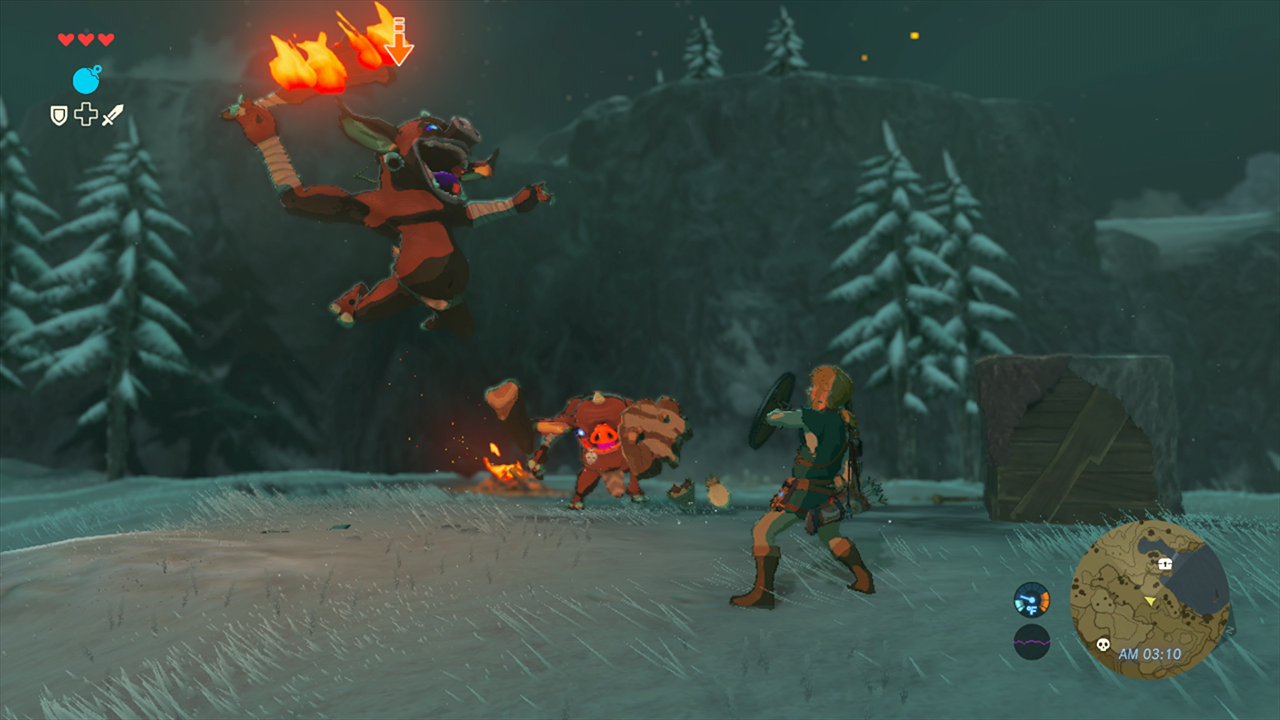What is it about new ideas that gets video gamers excited?
With all the buzz surrounding the sequels, the remakes, and the remasters of this past E3, it is easy to find comfort in familiarity, a sense of homeliness in what is already known. The Zelda series itself, for the past almost two decades, has hinged on convention, to the point where “more of the same” is almost to be expected. Yet it is The Legend of Zelda: Breath of the Wild and games of the like, games that buck trends and defy any sort of expectation, that we as gamers clamor over, the impalpable excitement over something so new and so different, even if it also feels so familiar all the same.

Cut to the opening of the new Zelda trailer. An open world. Sweeping landscapes. Huge mountains. A very pretty game, Breath of the Wild is, but nothing to go over the moon about. For the first minute and twenty-two seconds of that trailer, what was seen was seen as, quite simply, a natural evolution of what we expected the next Zelda game would be, a beautiful open world that you could roam around in at your leisure. Not to say that it is a bad thing, of course, and surely if Breath of the Wild was just that, many fans would be satisfied. But this game does not settle for mere satisfaction.
What happened in the next thirty seconds defied expectations. Link climbs a tree. Then a building. Then a mountain. Then he chops down a tree. Then he is naked (well, almost). Then he starts a forest fire. Then he makes stir fry. Then he rolls a boulder over a pair of Bokoblins. When was the last time you saw any of these things in a Zelda game (minus the almost naked Link)? Suddenly, what was seen was no longer seen as familiar. This feeling of unexpectedness can feel uncomfortable, yet to the glowing eyes of the gamer, it is also no doubt thrilling, an open invitation to discover a game world begging to be explored.
The Zelda reveal almost reminded me of the Wii U reveal video that featured a dozen different ways to use the GamePad. Play Mario on the controller! Play golf on the controller! Draw on the controller! Be fit on the controller! As much as we lament the Wii U’s demise today, seeing the Wii U like that in action at that very moment felt refreshing, especially among the myriad of first-person and third-person shooters that called into question the state of the industry by the United States Supreme Court that year. There is, however, one fundamental difference between Wii U and Breath of the Wild. The Wii U was met with questions of platform viability. The Legend of Zelda: Breath of the Wild was met with questions of infinite possibility (and the not-so-subtle urge to take a demo kiosk home and play the game nonstop for the next month).
Nevertheless, we as gamers clamor over the new and the exciting. Our industry’s fascination over the "new IP” despite the fact that it remains more of a business device than anything, is a testament to our desire for the newest and shiniest things. Add the word “new” in front of anything and people will fall in love immediately. Here’s a new operating system for our line of phones that basically does everything you would expect a mobile OS to do, but we are going to call it the biggest firmware update ever and slap a fancy number ten on it! Consumers will gobble that stuff up!

What strikes me as interesting is that the new Zelda game feels, well, new, despite the fact that it is the sixth original 3D Zelda game to ever grace a home console. And obviously it is not just because the game world is bigger. Breath of the Wild looks to reboot the Zelda franchise in its approach, the proverbial upending of the tea table if you will.
I would be remiss if I did not mention the new God of War game coming to PlayStation 4, which redefines the franchise much like Breath of the Wild tries to do. Prior to E3, the character of Kratos was seen as an erratic, unstable, and morally oblivious mad man whose mindset is permanently transfixed on violence and vengeance. The new God of War game announced earlier this week depicts him as a… loving father? I did not even realize this was a God of War game until I read up on it later (mind you, I was putting the Warriors’ game on full blast while occasionally glancing at Sony’s E3 press conference). These are changes that create potentially pivotal moments in a franchise, and even though the new God of War game is the sixth time Kratos will star in a third-person action game on a console, it is almost as if the franchise never really existed and Sony Interactive Entertainment just said “f*ck it, we are starting over”. Which is probably what actually happened.
This is also the reason why subsequent entries in the Assassin’s Creed series of games have not really worked in the franchise’s favor. Even if the setting changes every game, the gameplay of Assassin’s Creed remains largely the same, and you are not going to expand the audience of a franchise by doing only that. And yes, I do understand that Assassin’s Creed has more problems than merely repetitiveness, but at the end of the day, Ubisoft’s refusal to disrupt with innovation and try something new has stagnated the Assassin’s Creed franchise. Hell, the best part about Assassin’s Creed IV: Black Flag is that you can navigate a boat. It is my only hope that this year’s lack of an Assassin’s Creed game means someone at Ubisoft is throwing the table off the balcony and not just trying to make the table wider.
But back to Zelda. No, people are not excited about Zelda because the world is bigger (no matter how nice it looks). What people love about Breath of the Wild is how its philosophy of experimentation and imagination translates into its gameplay and how it signals a departure from the franchise's past. Hyrule, once an enclosed and restricted environment, has become a physics sandbox that plays with time, space, and sound. Its open nature that allows players to sprint straight towards the finish line is almost unheard of. The fact that everything reacts to you, your movements, your actions—it is this sense of discovery not only in the game world but also in how you play the game itself is what is so impressive. And if you watched any of the ridiculous four and a half hours of Zelda gameplay that Nintendo Treehouse streamed throughout the day, you know that this is just the tip of the iceberg. Says IGN’s Jose Otero, who sounded like his brain was trying to write a thesis paper on Breath of the Wild after playing it at E3, “The promise of what this game is and how many options you have and how vast the world is and the number of activities—we’re excited about climbing trees and picking apples in a Zelda game, like what’s wrong with us right now?”

I will tell you what is wrong with us. What is wrong is that we have grown so accustomed to familiarity that we have forgotten just what it means to be different, that our lust for sequels and remakes have blinded us from what is truly new and innovative. Even the so-called “new IP” seem to retread older titles with only a fancy new coat of paint slapped all over it as a disguise. But when games like Breath of the Wild and God of War buck trends, challenge convention, and take risks, it is a reminder that even the oldest of franchises can breathe new life into the gaming industry, one that I doubt anyone could have expected.
